Hello? Are you there? A week without cell phones is coming
Next week, a “social experiment” in which the students will give up their cell phones during the school day for one week will take place in the upper school.
January 17, 2018
We’ve all been in class with that one person who’s always on their phone. We all know how distracting that can be, a buzz here and there, a scrolling thumb, the teacher telling them to put it away. That said, phones can also be a very useful tool: they can be a quick and easy way to access information, and, of course as a form of communication.
At school, cell phone use is both helpful and disruptive to the learning process. As a result, faculty at Saint Stephen’s has gone to the drawing board to think of ways to get students to rethink the way they use their phones. Generally speaking, they want both students and staff to reflect on their technology usage.
According to recent rumors floating around school, in the coming weeks, a “social experiment” will be put into place for a week during which students will put their phones in their advisor’s room for the school day.
In assembly on January 10th, with the use of humor, Mr. Yanelli and Mr. Forrester performed a skit to lightheartedly introduce the coming “social experiment.”
They followed their skit with a Ted Talk by Allison Graham, which focused on the effect of social media on our lives.
The Ted Talk evoked some interesting “social” statistics. In 2001, a Gallup Poll found that the average Americans said they had ten “very close friends.” (Presumably, the term “close friend” was defined for the participants).
This same poll was run again in 2016, and it found that the average American claimed to have two “very close friends.” Graham hypothesizes that our use of cell phones is causing a decline in our interpersonal skills.
During an interview with The Gauntlet, Mr. Forrester said: “Students, as well as teachers, will be participating in a ‘social experiment’ for one week. During this week, starting January 22nd, everyone on campus will be cell phone free throughout the school day.”
Last week, Mr. Forrester and the SSES faculty took part in advisory discussions to get input from students.
The Upper School faculty hopes a week without cell phones will be a positive learning moment for students and staff alike.
For some students, the thought of having their phone taken from them feels like a violation of their rights. Additionally, for some, going without a phone causes them to feel stressed and anxious.
Others simply just don’t see the issue with students having their cell phones on them and using them when is not distracting to others.
To get an outside perspective on cell phone use, I interviewed a student shadowing at Saint Stephen’s last week from Connecticut.
When asked how he saw cell phone usage, Max Haslett (the shadow), said, “I honestly think they’re distracting. From my experience, I believe that students who use their phones in class typically don’t perform as well as their classmates.”
During his day shadowing at Saint Stephen’s, he noted that he had seen on multiple occasions students using their phones at times he found inappropriate.
In Sophomore Ethan Kast’s view, he said, “I think it is a good thing to try. We need to work on using our phones at the appropriate times.”
As a student in support of the move, he was excited to see how students would react to it. “Other than it being a little weird to reach for your phone and it not being there, I don’t think it’ll be as big of a deal as some people make it.”
Not all students are optimistic about the upcoming “social experiment.” An anonymous student source said, “I’m a little worried about the difficulty of contacting people during emergencies; from what I’ve heard around school, it seems that more students are against having our phones taken away than for it.”
In terms of actual changes to the policy, Mr. Forrester was hesitant to give an answer. “To be honest, as of now we don’t know if we are going to make any changes to the policy.”
The successes or failures of this “social experiment” will be taken into account in terms of future policy changes. “For now, we are not suggesting a change in policy, but instead, a change in habit,” Forrester said.
To address concerns from the student body, Mr. Forrester offered some reassurance. “In emergency situations in which students need to contact their parents, they can use the messaging or facetime functions already on their iPads or laptop computers.”
With students still having the ability to contact people during emergencies, Mr. Forrester hopes students will be more open-minded to the idea of this ‘social experiment’ as they will have access to the people they need if an emergency arises.
Students and faculty alike have mixed feelings about this week-long ‘social experiment’ and are interested to see what it brings to the school as a whole as we finish out the school year.


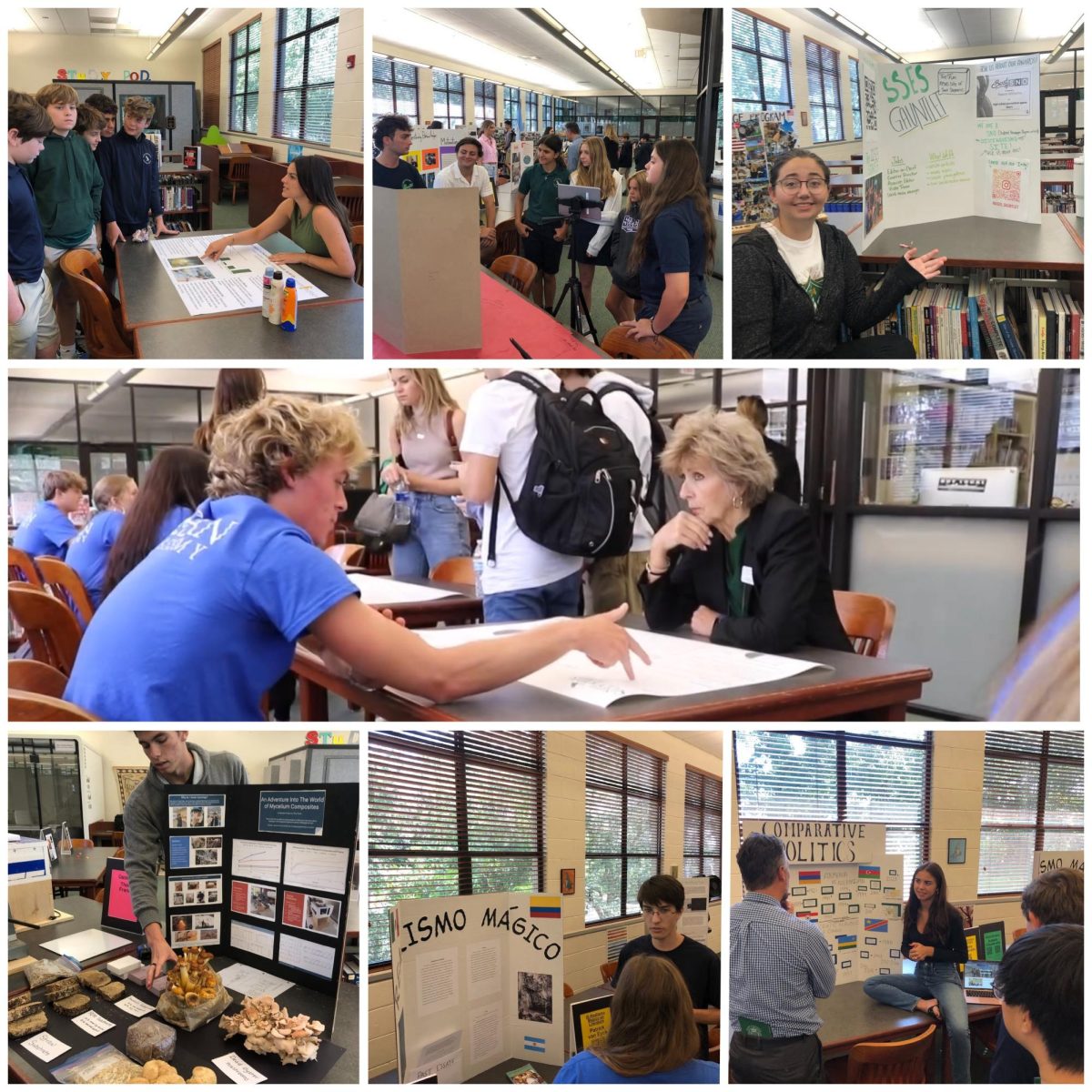
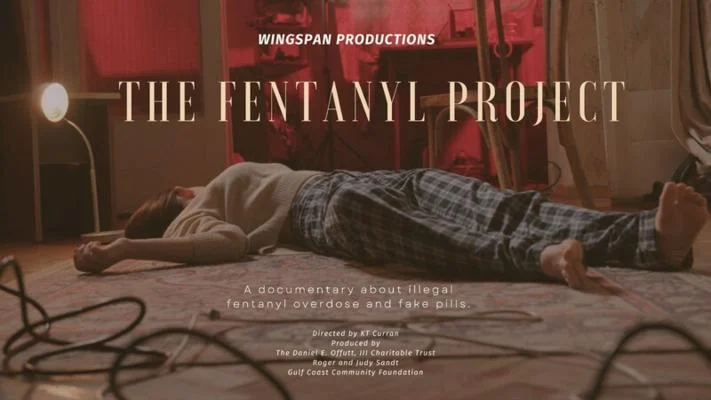


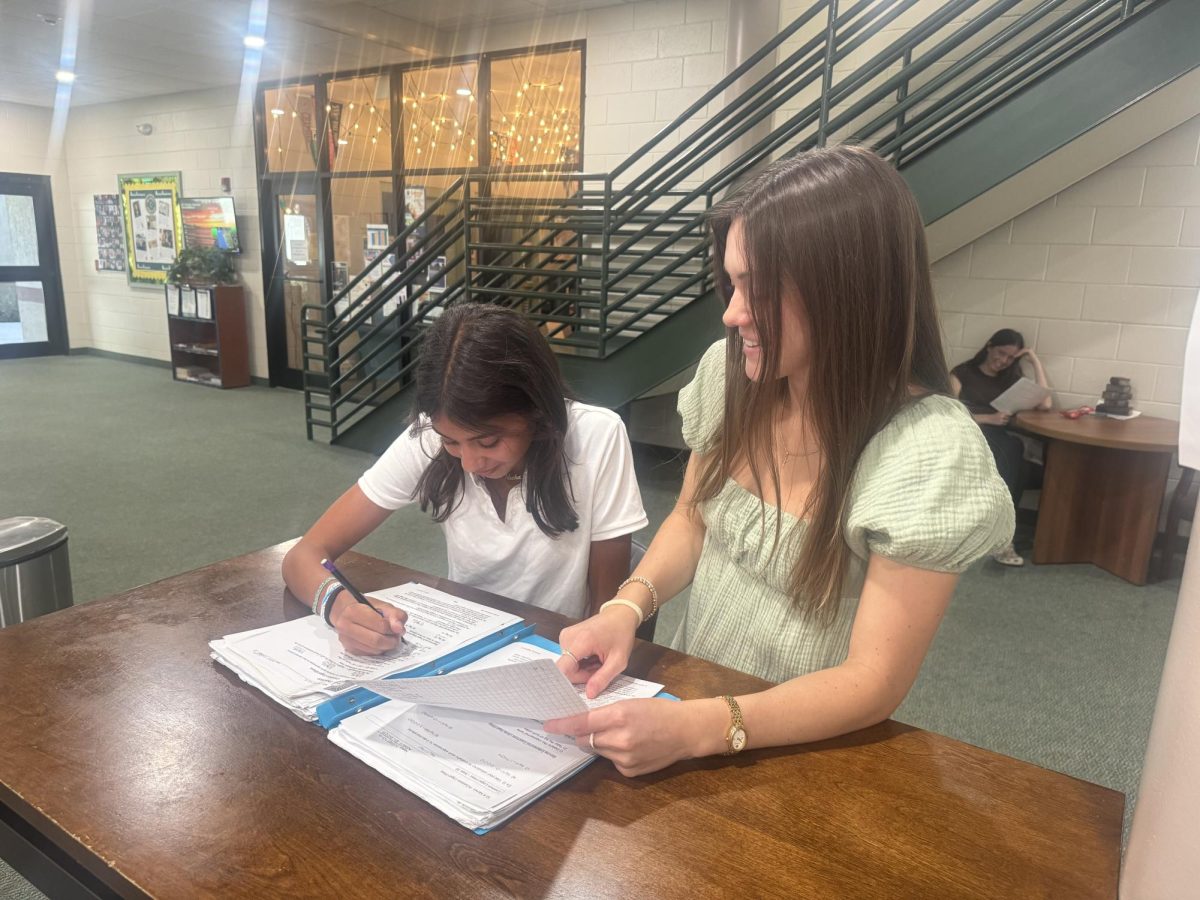
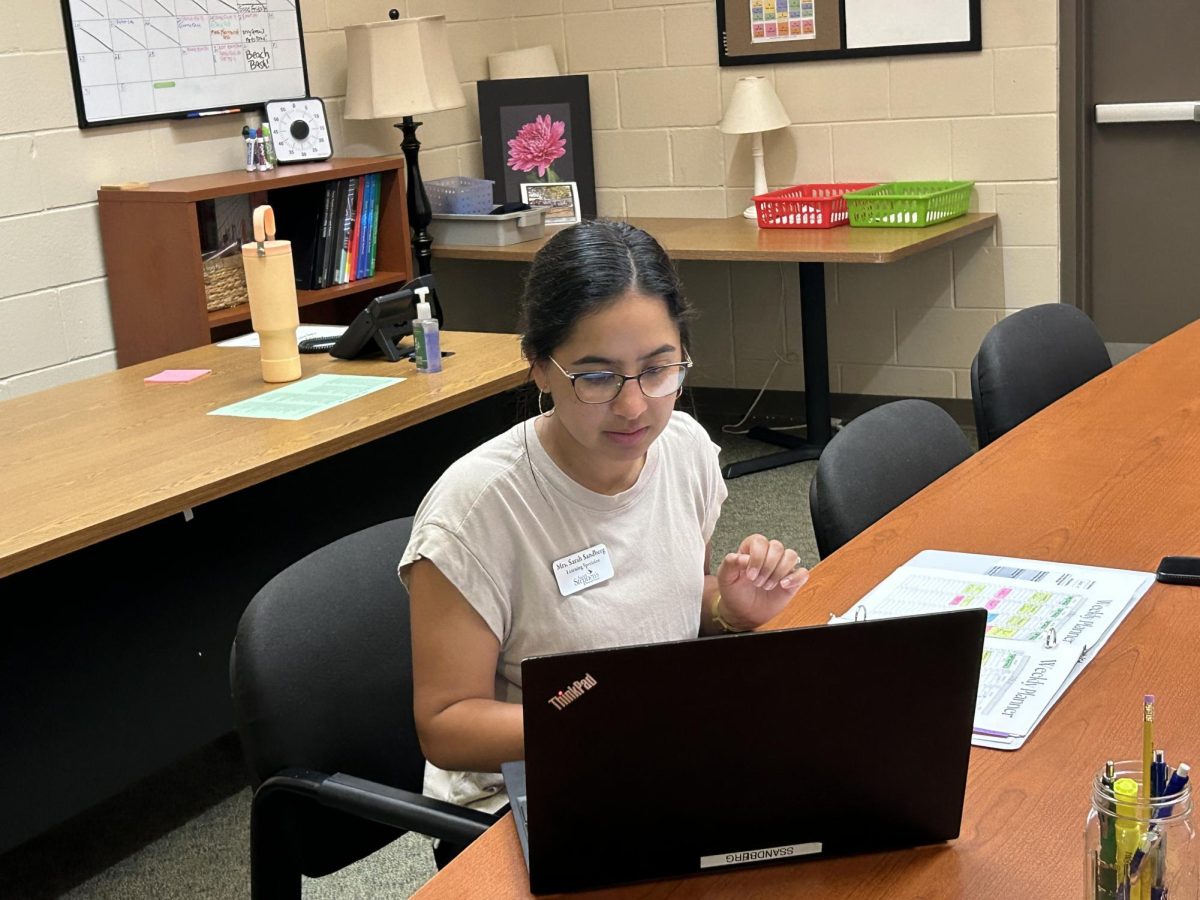























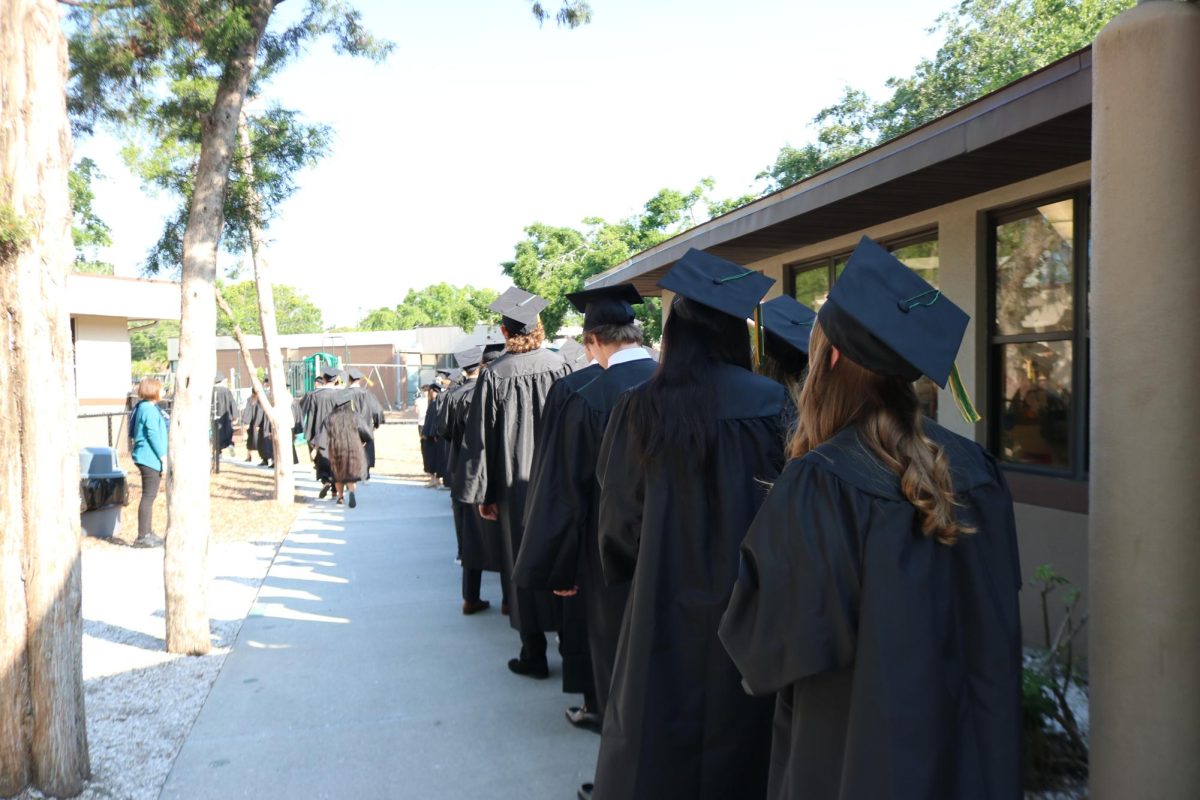















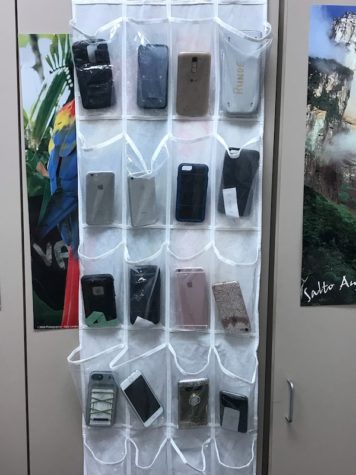
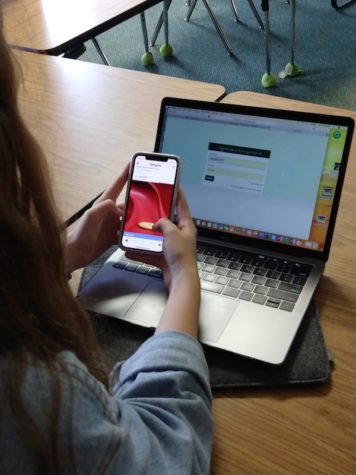
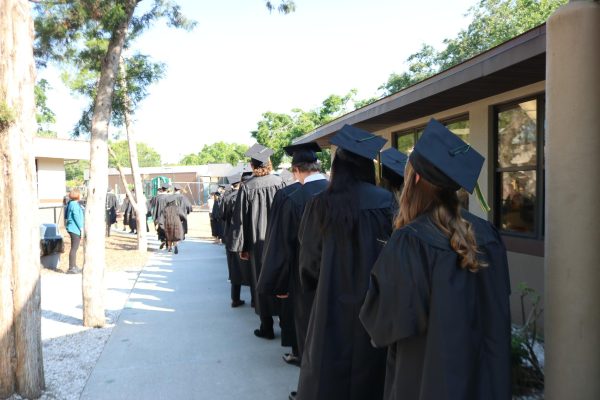
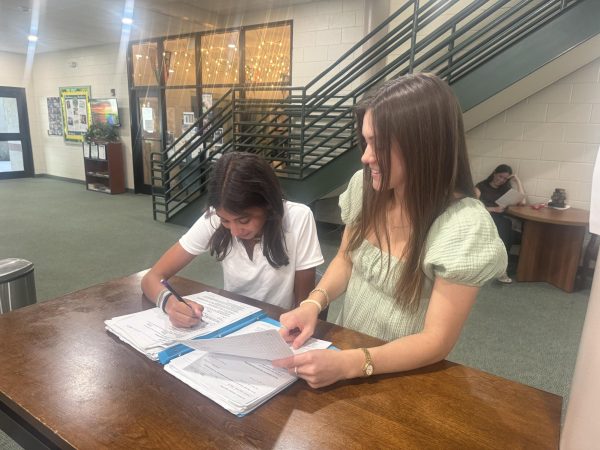

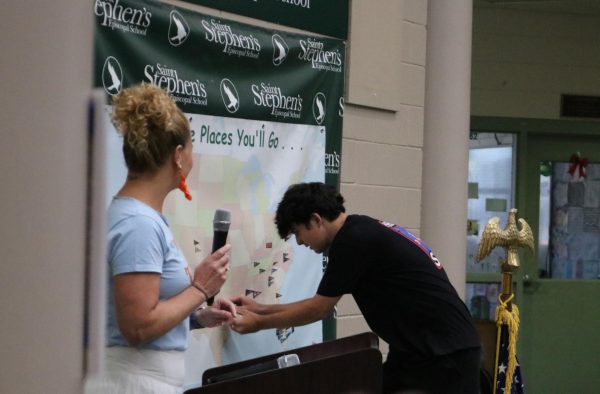

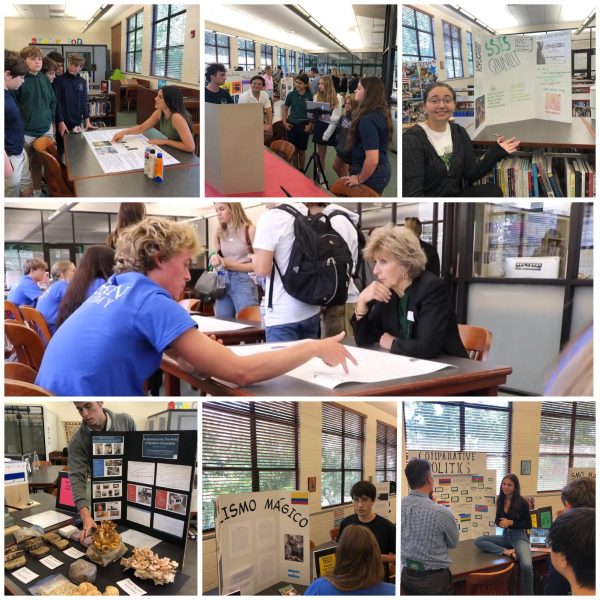


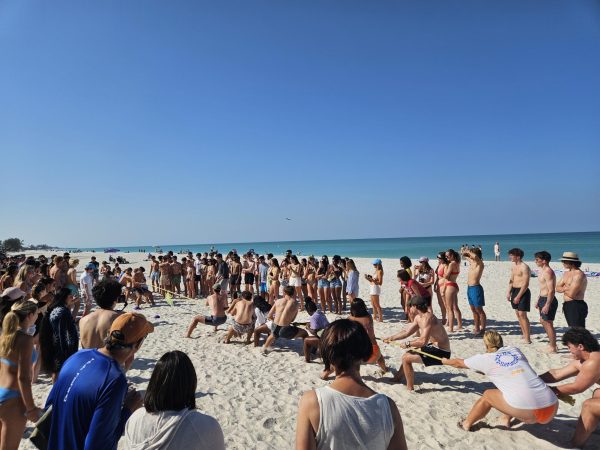
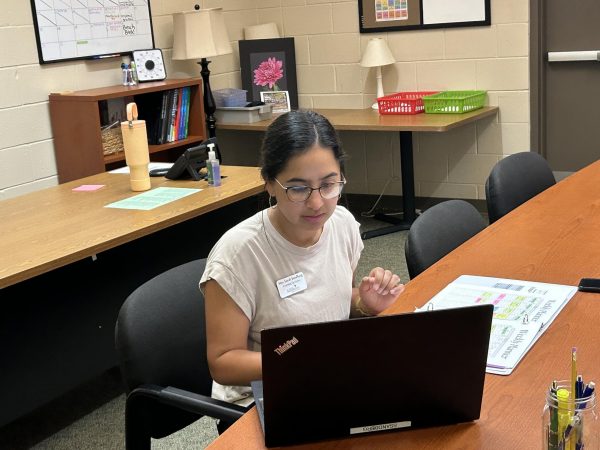
Susan Miller Kelly • Jan 18, 2018 at 9:24 am
I do not understand the downside of being cell phone free. I must be misunderstanding something, especially if the teachers are concerned. I look forward to reading about the results!